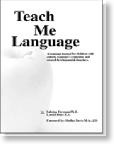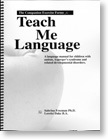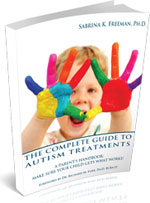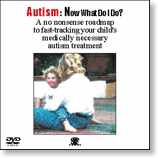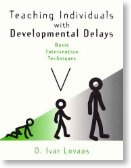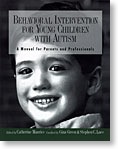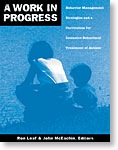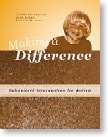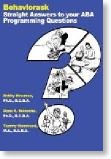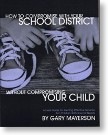normalization
A dog sees only in black and white, but WE can see a rainbow of possibilities
04/11/11 11:32 Filed in: autism | Asperger's Syndrome

If the family deploys the service dog wisely, and the service dog is able to go “under cover” and simply look to the outside world as the family dog, that dog can become a social lubricant to the community on the street and with other kids and parents in the park. Dog owners are repeatedly stopped and asked about their dog when out on a walk. The dog gives the child opportunities to answer questions and to engage in conversation. What’s great about this conversation is that the child can be taught to answer the various questions that are generally asked again and again. In short, the dog can help to de-stigmatize the child and his family, and the family becomes recast in the neighborhood as the nice family with the great dog, rather than perhaps that stressed out family with the special needs kid. Once there is a dog in the mix, the family is far more approachable and the child carries a new label: dog lover or dog owner.
There is a big world out there of dog lovers, and they recognize each other. You are either a member of the “dog lover’s club” or not. The beauty of a service dog is that, to the uninitiated, the dog just looks very well bred, with a great disposition, rather than professionally trained. In addition, part of the training of a service dog can be simple tricks which act like a magnet in the park to bring children to interact with the child! Then the child with autism becomes the kid who is great at teaching the dog to perform on command. Competence replaces disability. Service dogs can certainly perform an important safety role for persons with disability, but for kids with autism, the dog’s service can extend to social normalization and community integration, for the child and family. That’s important too!


